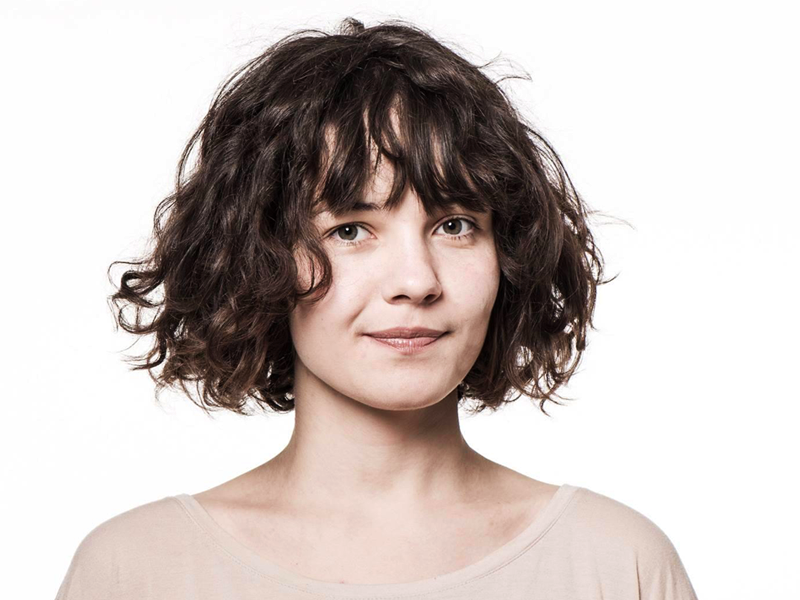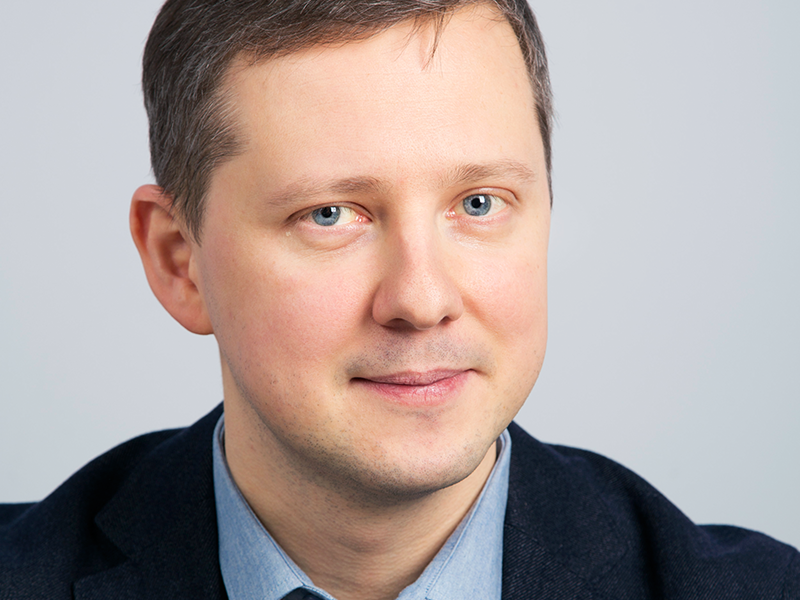
How to Get a Grant for a First-Class Postgraduate Degree in the Arts?
Prepare and gather information: I had wanted to study in Germany ever since I was at school. I was aware that the education system at our universities was outdated and was hoping to gain different experience. But just to go there and apply is very difficult. And without a scholarship, even more so. When I was already studying at the Kyiv Academy of Arts I was looking for an opportunity to continue my studies in Germany. And I began to prepare to take part in the competition for a scholarship through DAAD (German Academic Exchange Service). At the same time, I was working in different artistic areas, participating in exhibitions and created my first serious works in video art.
Follow formal procedures to a T: During the competition application process, it is necessary to comply with all conditions and requirements of the application form (they are always stated on the programme’s website). Someone may have a brilliant portfolio. But even if one of many papers is improperly completed, the application will not be accepted. Most of the candidates are eliminated at precisely this stage.
Seek the support of a curator: It is desirable in the application that you specify referees, people who are familiar with the professional activities of the candidate, and those wishing to support his initiative to apply for this competition. These could be one or two teachers from the candidate’s country (or university) and one from the host country. This condition is not a requirement but nevertheless important. Submitting recommendations is an advantage that can add points to your application. To find such a referee or curator, it’s best to go in person and meet professors. Attending open-door events and signing up for teacher tours would not go amiss. I took a slightly different road: I wrote emails to professors (usually you can find their contacts on the university website). In my emails I explained that I would be applying for a scholarship, and that was why I would like them to take a look at my works. I sent all my videos and drawings in the form of a separate blog created according to all the rules of a traditional portfolio. So I received a recommendation from one of the teachers with whom I now study.
Don’t rely on luck and coincidence: There is also the option of a personal meeting with a teacher during so-called “conversation hours” (two hours on a strictly scheduled day). But for this you need to send an official request to the teacher. This is what everyone does, not just guests or applicants, but students as well. I would like to note that Western teachers are very busy people. Therefore, it is wiser to schedule the meeting at least 3 to 4 weeks prior to the planned visit.
_1.png)
Give special attention to proficiency in foreign languages: If you plan to apply and start learning a language from scratch, below B2, you’ll need around two years. At my university, lectures are officially held in German. But if at least one student is present in the hall who doesn’t speak German, the teacher switches to English. Therefore, it is best if you know two languages.
Surround yourself with real interests: In Ukraine, students face a bunch of strange compulsory subjects, such as higher economics at the department of painting. I don’t mind understanding economics, but the subject should develop in the context of the key area of study. In Germany, there are no strict rules in this regard: you choose your courses and determine the level of your involvement in the process. You can visit the university twice a week, and devote the remaining time to work on the project or research (or working). This is a very responsible education approach. Here, all the conditions for study are provided, but you have to organise yourself.
Work with practises: The education process consists of various workshops. For example, “Stage Lighting”, “Professional Use of Cameras”, “Postproduction”. But nobody is going to tell you during the class what you should do. The majority of students are formed and practising artists and designers. Therefore, teaching has a consultative character and is about exchanging opinions. For instance, I show the group the result of work. And then I answer any questions that may come up. Thus, during the discussion, you are able to understand whether the idea is clear, where the weaknesses lie and what the possibilities are. Moreover, we constantly go to exhibitions, meet famous cultural figures, fulfil interesting creative tasks. One of the most recent assignments was doing an interview with a video artist. Such tasks force you to think about them. On the contrary, they become a way of realising your interests and obtaining knowledge.




